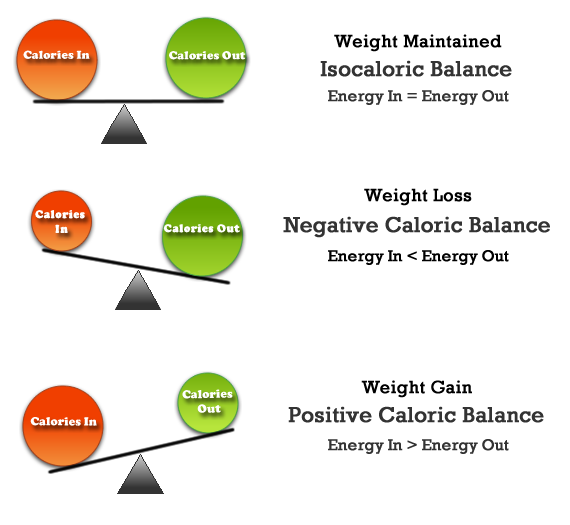How to (break)fast
How to break your fast the right way ?
Historically, breakfast referred to “breaking our fast”, which occurred many hours after waking up, usually at sundown for many religious observers. It wasn’t until the 15th century we started referring to our first meal as breakfast. Now, it seems we are going back to the words origins, as fasting, specifically intermittent fasting, has gained much traction amongst healthy individuals, and those looking to start new health programs.
Intermittent fasting has now become one of the most popular and possibly easiest means for weight loss and better health. For some, fasting may sound scary and uncomfortable, but it doesn’t have to be.
With intermittent fasting, you only eat during a specific window of time. Research shows fasting for a certain number of hours each day or eating just one meal a couple days a week may have health benefits.
Extra calories and less activity can mean a higher risk of obesity, type 2 diabetes, heart disease and other illnesses. Scientific studies are showing that intermittent fasting may help reverse these trends.
How do I attempt intermittent fasting ?
There are four popular fasting approaches: periodic fasting, time-restricted feeding, alternate-day fasting and the 5:2 diet.
Time-restricted feeding, sometimes called daily intermittent fasting, is perhaps the easiest and most popular fasting method. Daily intermittent fasters restrict eating to certain time periods each day, say 11 in the morning to 7 at night. The fasting period is usually around 12 or more hours that, helpfully, includes time spent sleeping overnight.
Periodic fasting will feel most familiar: no food or drinks with calories for 24-hour periods.
Another type of fast, alternate-day fasting requires severe calorie reduction every other day.
Lastly, the 5:2 method was popularized by author Kate Harrison’s book “The 5:2 Diet" and requires fasting on two nonconsecutive days a week.
Do not expect any miracles from this strategy
Intermittent fasting is a tool, but it is not even a primary factor in any studies in terms of direct weight loss effects on the body.
Calories consumed vs caloric expenditure is the only true science that matters. If you want to lose weight, you need to be in approximately a 500-calorie deficit daily, to average 1 pound lost per week.
Getting a good night's rest is also a key factor. Anything less than 7 hrs of sleep is going to put our bodies at a disadvantage. Sleeping will improve your blood sugar, blood pressure, & emotional state, which in turn is key to making good choices, and it will give your body time to process and recover.
High protein is another cheat code. Eating high protein helps fuel your muscles, but it also increases our satiety, and is a great strategy for having less fats & carbohydrates on your plate. For decades, it’s why “lean and green” has been the recommendation of most experts in this field. Having a lean source of protein (chicken, fish, steak, etc) along with green vegetables, keeps you full, gets you many key nutrients, and again, will ensure the minimal usage of low quality fats and starchy low quality carbs.


